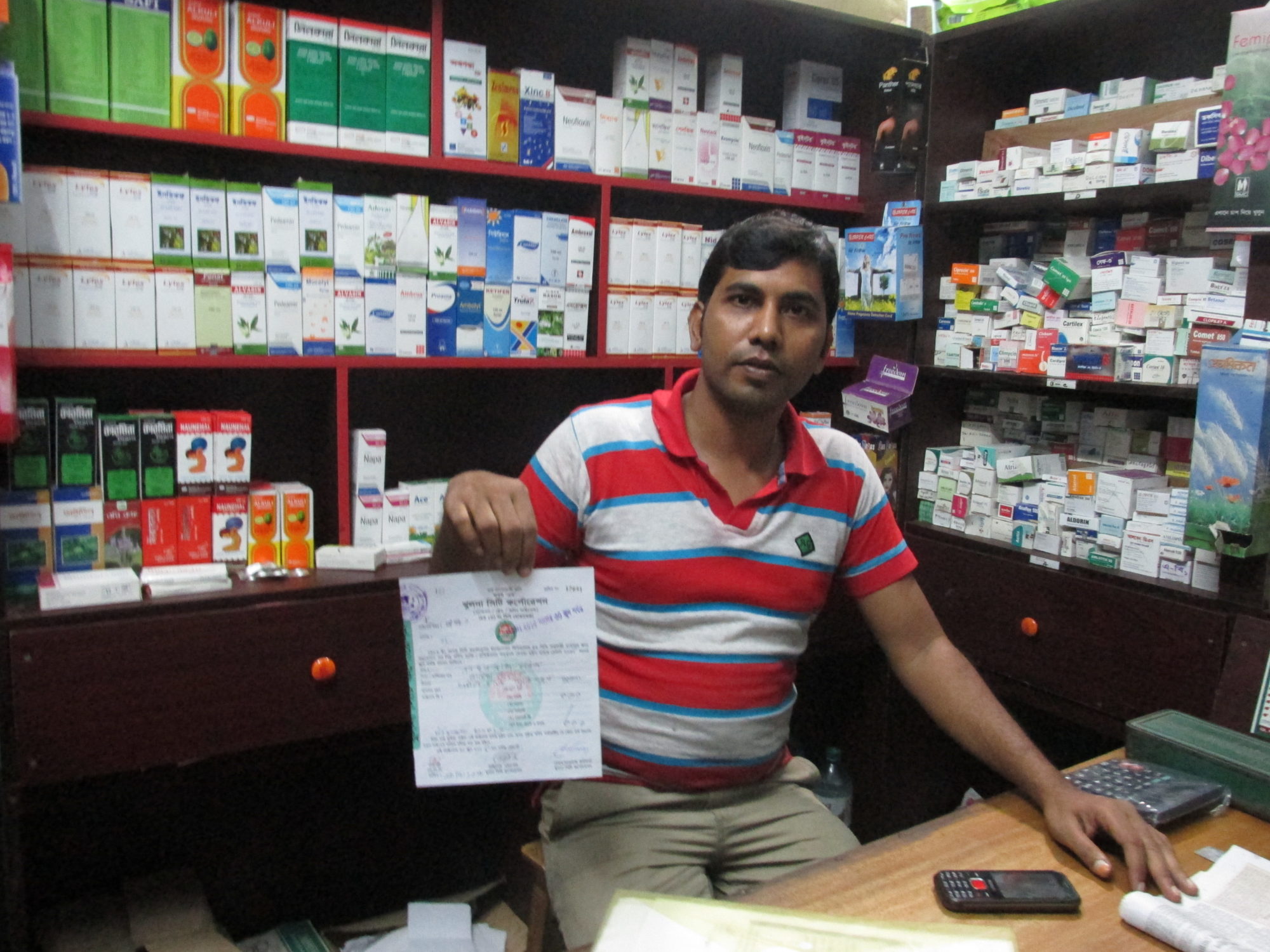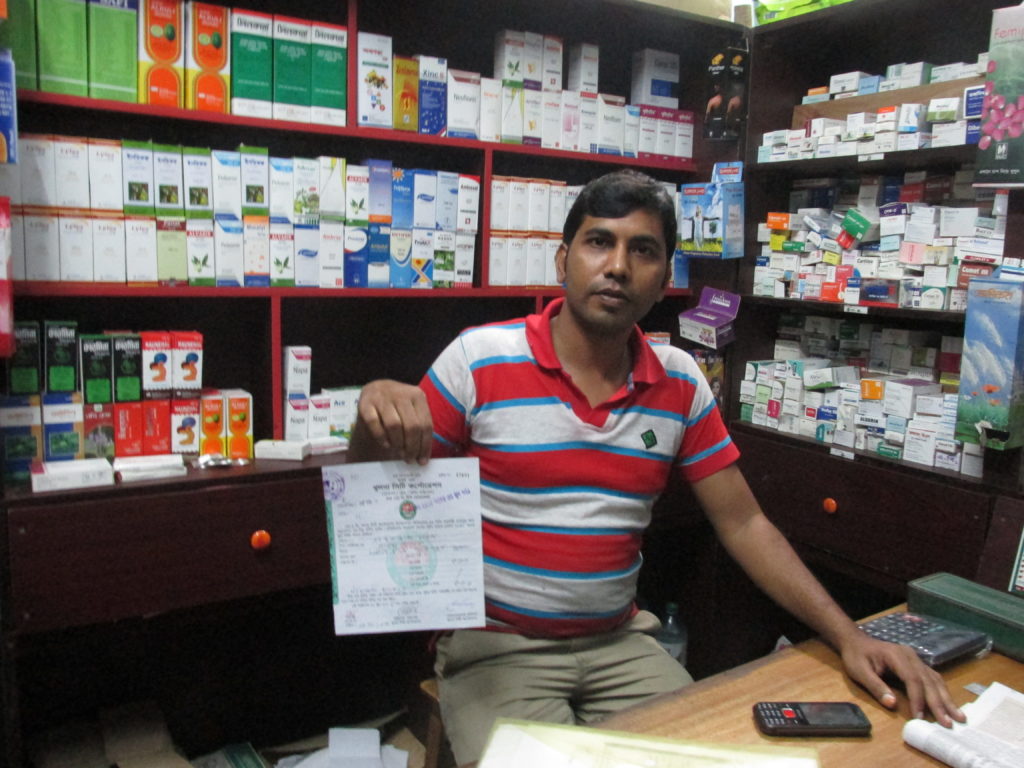In the Press
Forbes: “A New League Of ‘Barefoot Lawyers’ Will Transform Justice In The Next 15 Years”
For the average person, a lawyer may conjure up the image of a professional in a buttoned-down jacket straight out of the legal drama, Suits. But not to Nadim Hossain, a local pharmacist in the city of Khulna, Bangladesh. One of 300,000 Urdu-speaking Bangladeshis settled in a refugee camp set up by the Red Cross in 1971, Hossain’s attempts to apply for a bank loan to lift his family out of poverty details a long struggle for justice. It was an unlikely aide—a ‘barefoot lawyer’ that helped him successfully obtain a trade license for a loan.
Community paralegals or ‘barefoot lawyers’ trained by Namati, a social enterprise that works on legal empowerment, are changing how the world’s poorest people access the law. Early efforts to make the law accessible has primarily focused on investing in state institutions—training judges, building courthouses, buying police cars—or addressing the financial costs for services through waivers, pro-bono legal consultants or civic education programs. Namati, in contrast, works directly with citizens to pursue justice.
And this approach is paying off.
The above is an excerpt from an article published by Forbes on June 15, 2016. To view the full article, click here.


